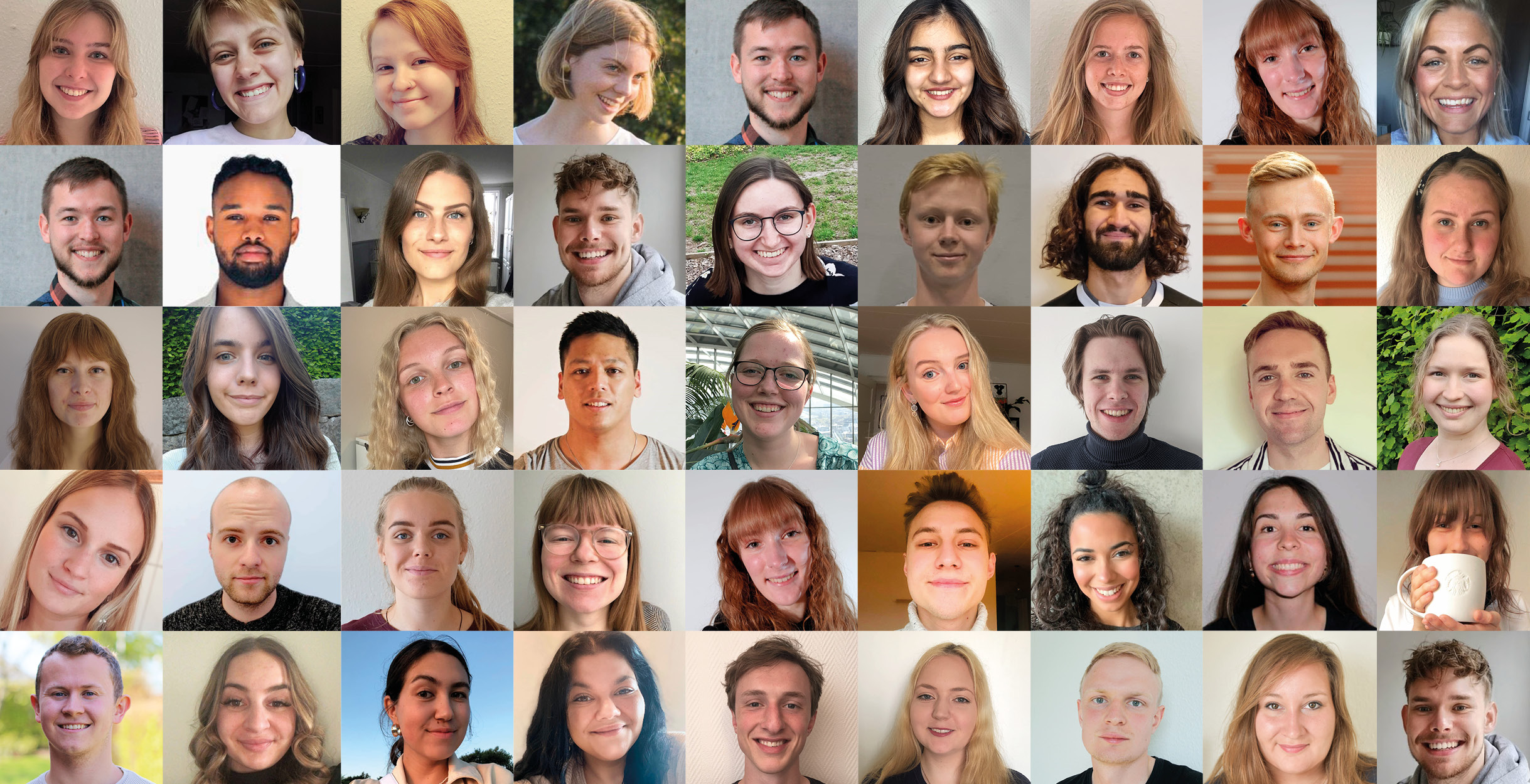What does the programme lead to?
Chemical Engineering and Biotechnology Engineers will typically be employed in the chemical industry, the food industry or the pharmaceutical industry, in environmental governance, or at laboratories. Here you will be responsible for research, development, production, analyses, and environmental and quality assurance
With a master of science in engineering degree in Chemical Engineering and Biotechnology you will be qualified for jobs as, for example:
- Project manager
- Development engineer
- Manager of development department
- Researcher
- Analyst
- Head of laboratory
- Teacher
- Consultant
- Head of quality
You could, for example, work in:
- The chemical industry
- The food industry
- The pharmaceutical industry
- Environmental governance
- Power plants
- Laboratories
Your tasks could be to:
- Design and implement new process engineering plants e.g. for biochemical or food production
- Develop and optimise current plants e.g. for pharmaceutical industry
- Develop and optimise methods of analysis and biological techniques
- Work as a consultant for private and public companies within chemical engineering related to environmental and work environment issues
- Develop products and processes where chemical issues are significant
- Build and operate reactors
- Design industrial processing of primary biological production e.g. for food or bio fuels
With this programme you are qualified for a job in Denmark or abroad and for studies at PhD level.
See an example of a career
Meet Kit, who produces environmentally friendly fuel
Learning outcomes
What makes a graduate with an engineering degree in Chemical Engineering and Biotechnology especially attractive to the labour market? Below is an overview of the competencies you will have once graduated: general engineering competencies as well as the special competencies you will acquire in Chemical Engineering and Biotechnology.

